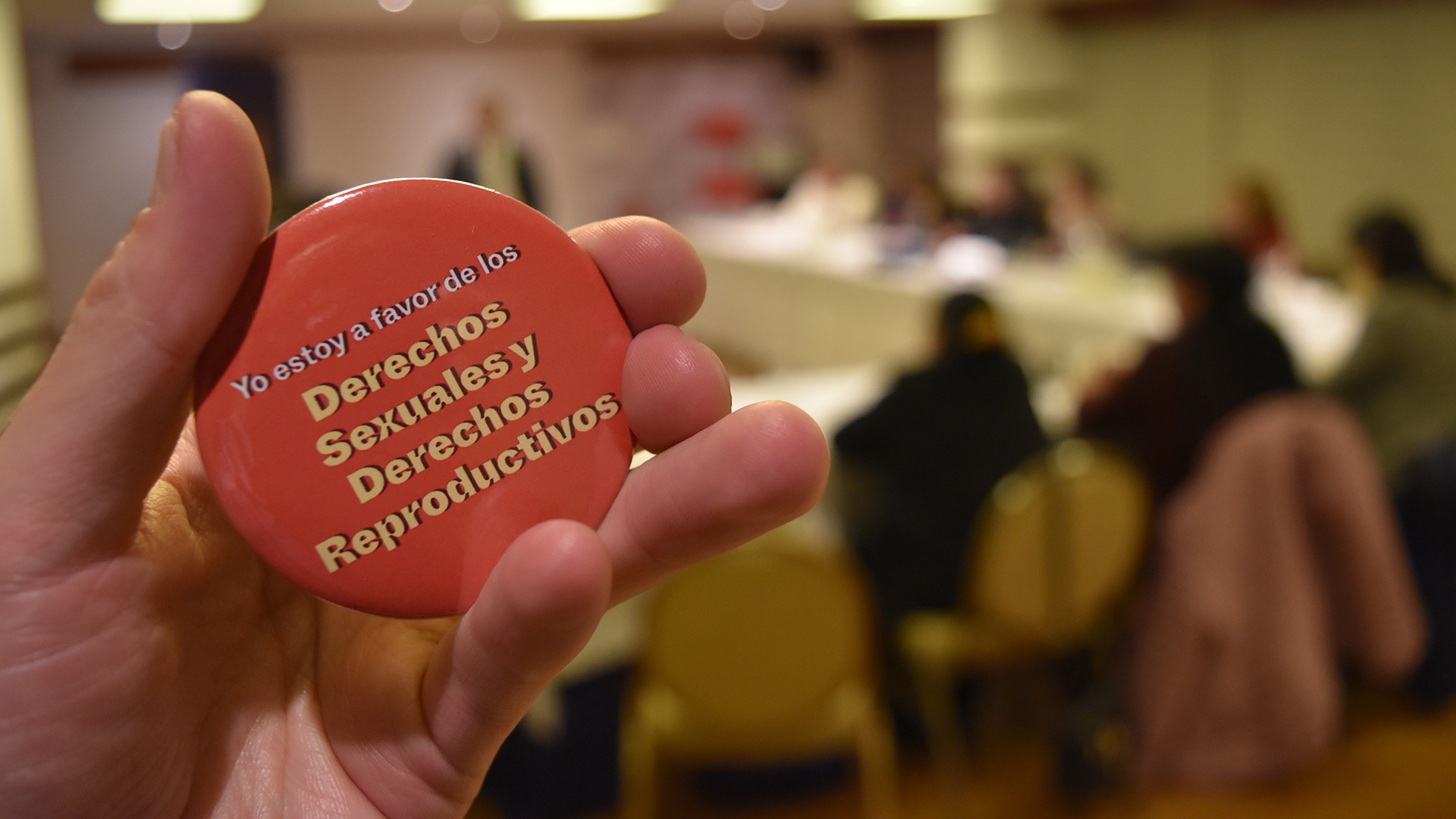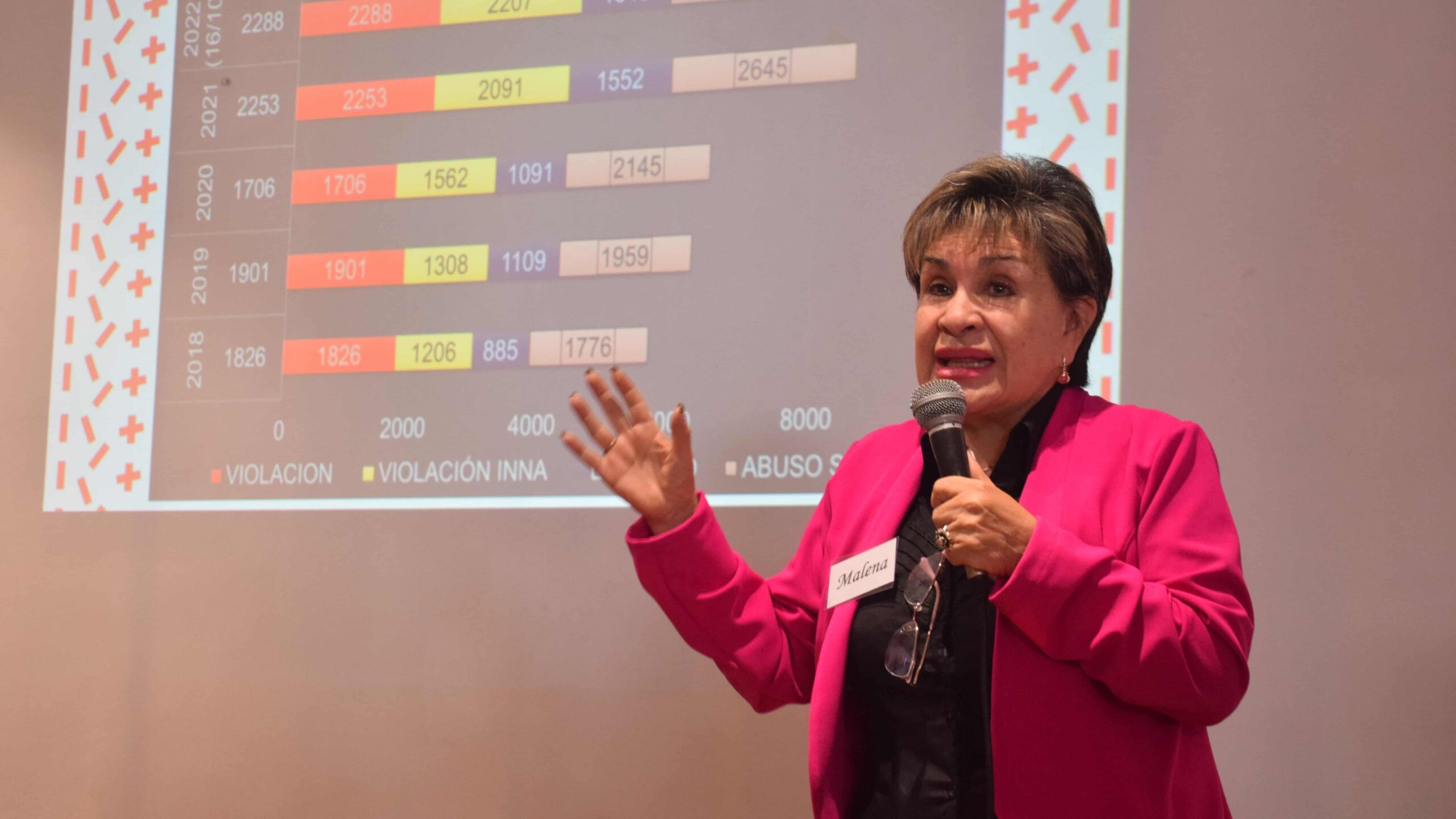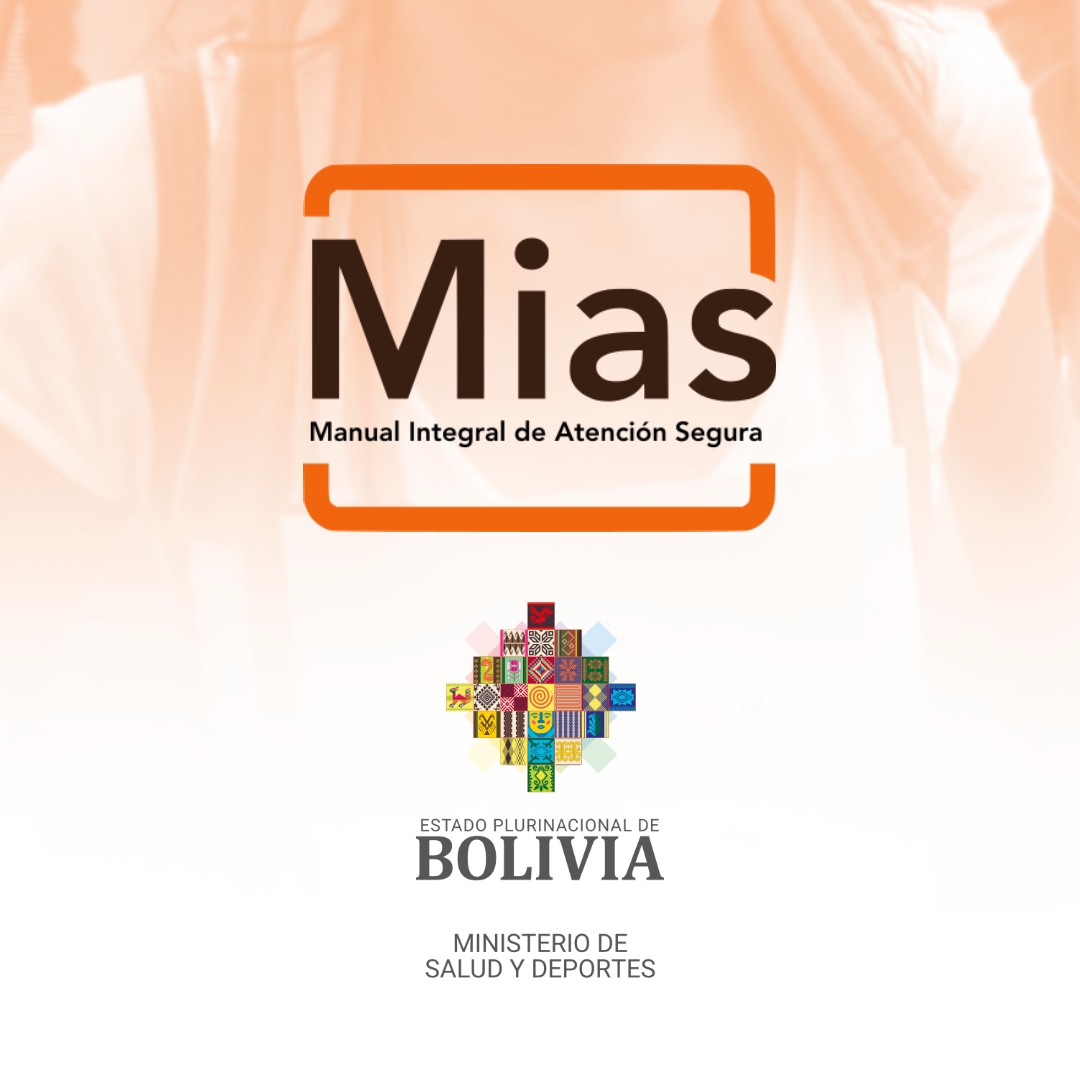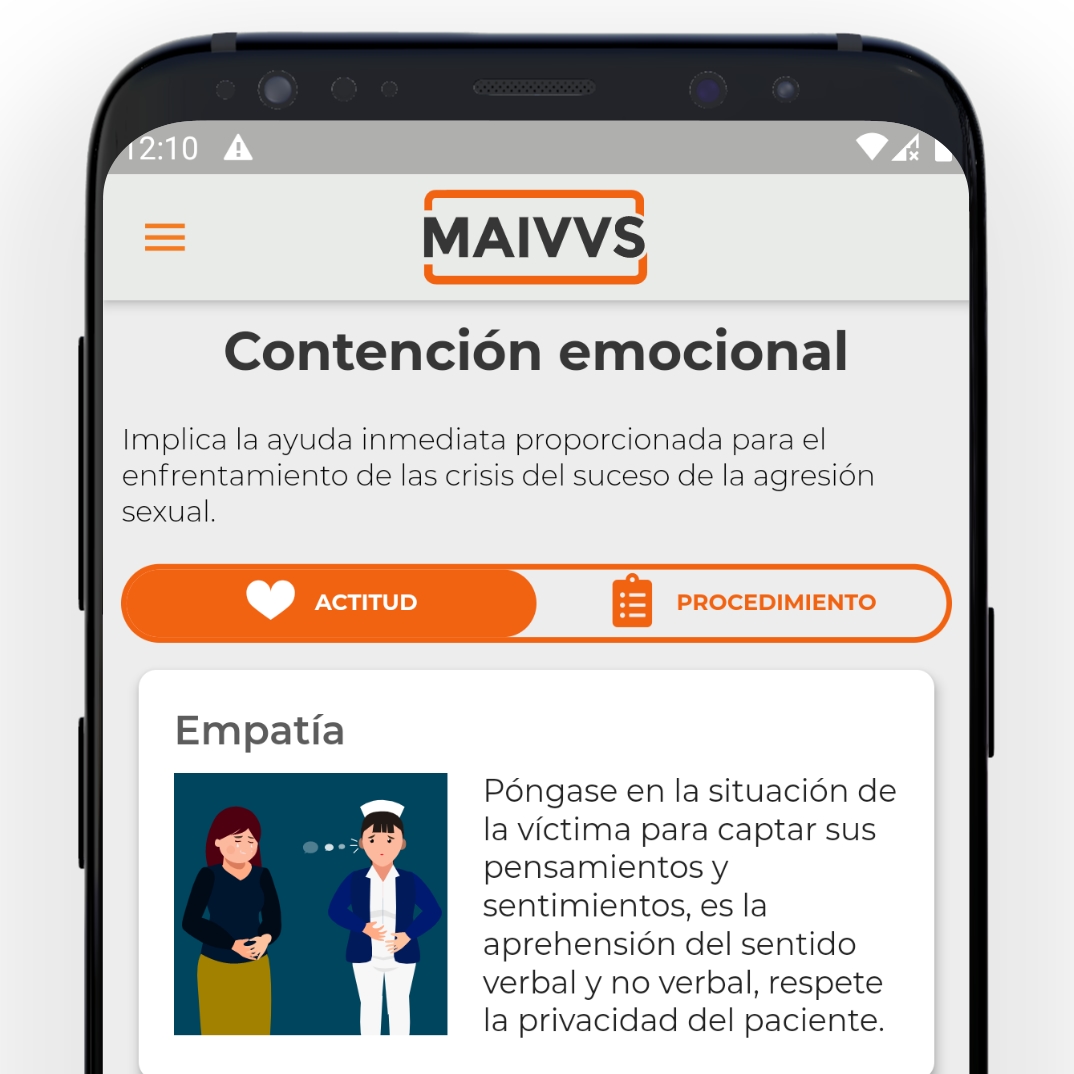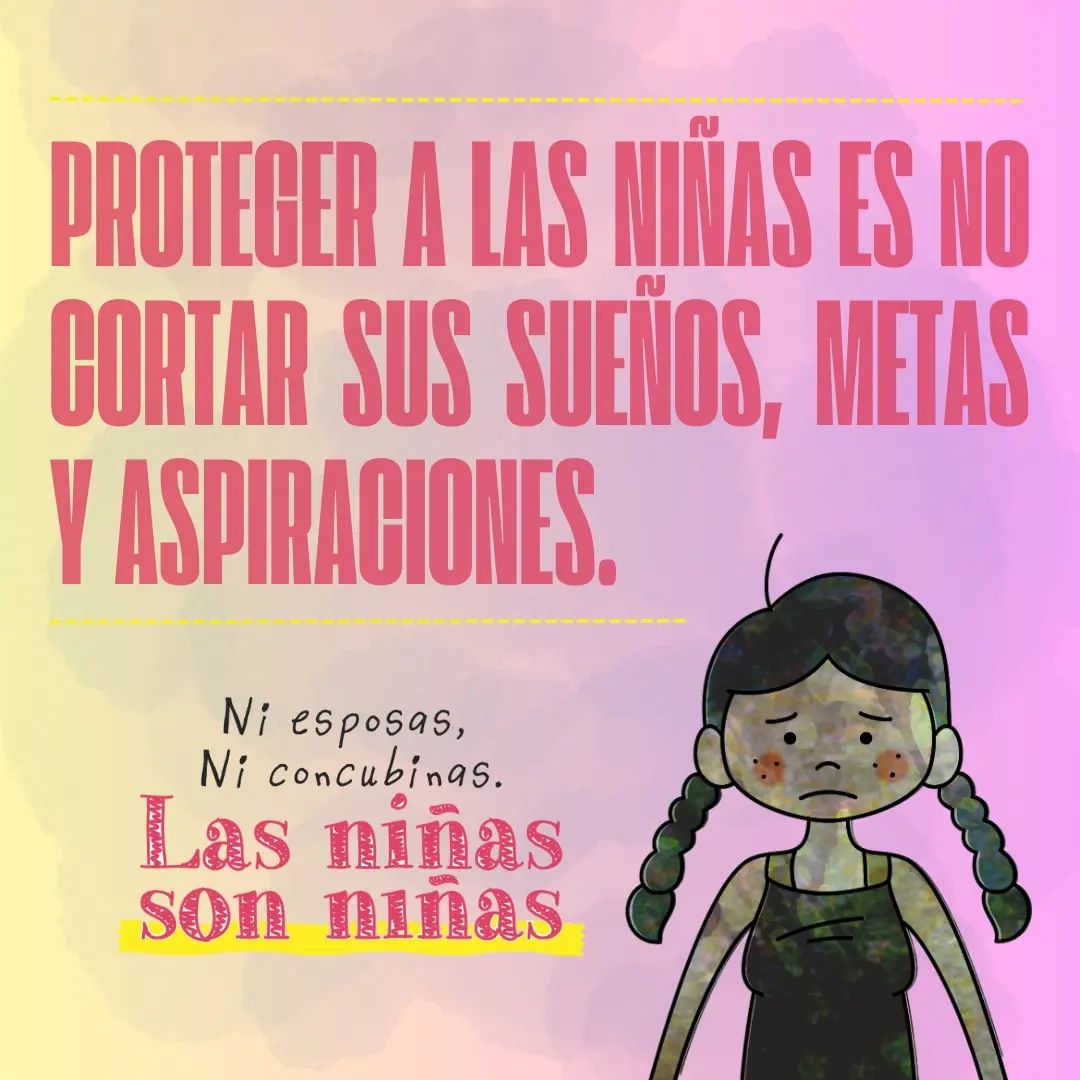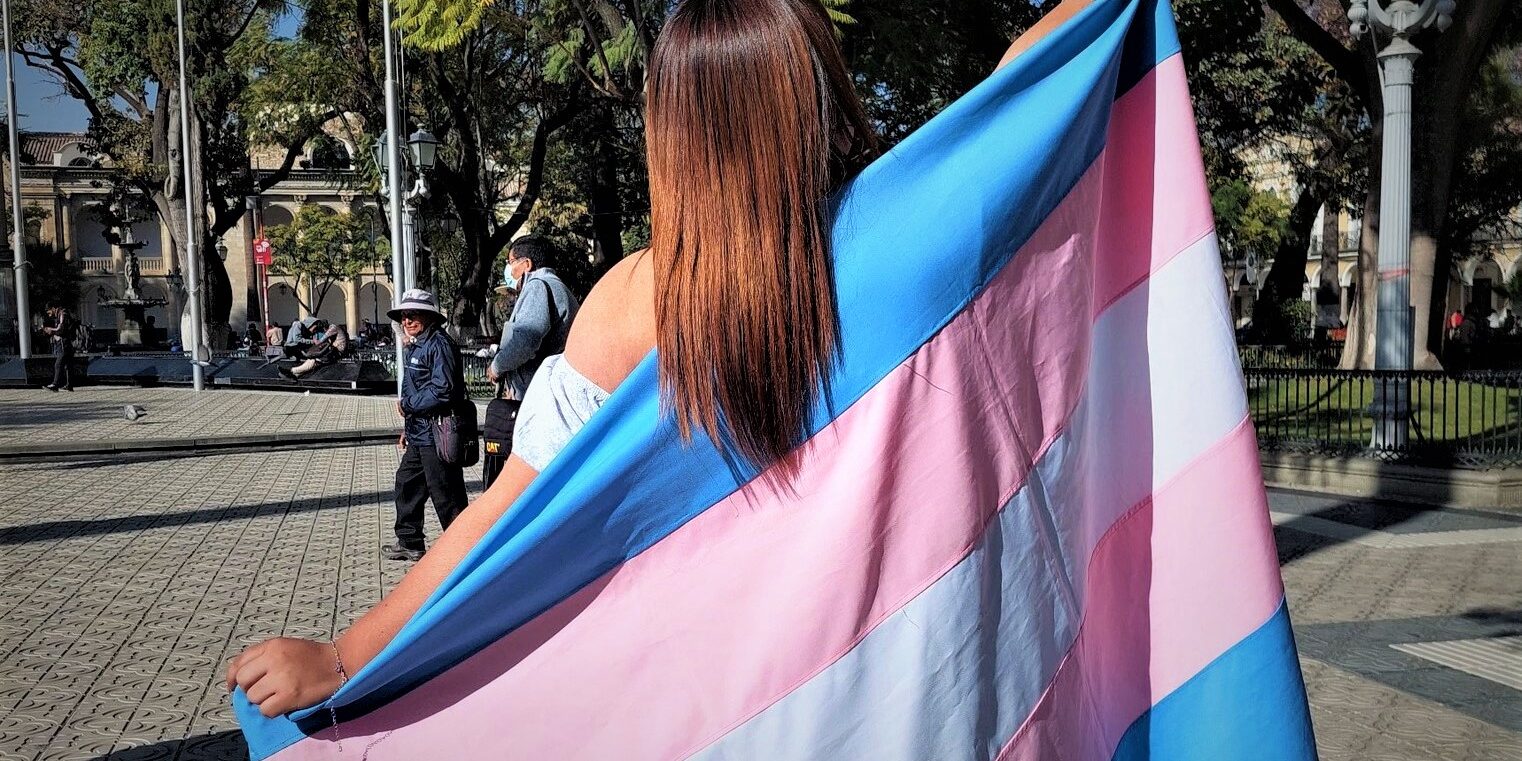With four violent murders of trans women, 2024 has become the most violent year, in which for the first time there was a classification as femicide. Among the few advances of this administration are the administrative ones, which achieved health insurance coverage within free unions. However, there is concern about the regulatory stagnation and cases of violence, which are a symptom of regression.
Bolivia is going through a political, economic and social crisis that deepened in 2024 due to the lack of dollars, fuel, medicines and food. In addition, there are protests and blockades driven by the internal rupture within the ruling party. The effects are felt in the pockets of the population, especially in the most vulnerable sectors, including the LGTBI community.
2024 the most violent, symptom of regression
On the night of October 28, Yumiko was walking through the streets of Cochabamba, Bolivia. She was going to work as many other women do. But on her way she encountered a group of people who approached her to attack her.
It was not an assault or a fight. The beating was done with such viciousness, hatred and extreme violence that it caused brain death, which days later extinguished his entire body.
“In terms of the human rights of the LGTBI population we have not had any progress this 2024. On the contrary, we are going backwards, we are returning to situations experienced in previous years. This year we have been able to closely evidence very strong cases of physical violence against the LGTBI population, even murders. Together with the Ombudsman’s Office, we are seeing what we can implement in 2025 to stop this,” said Moira Andrade, general director of Red Trebol de Bolivia and national referent for the Latin American and Caribbean Network of Trans People.

According to data collected by Red Trebol, this year there were about 70 complaints of violence and discrimination against the LGTBI community. For the community, this is a symptom of setbacks rather than progress.
Yumiko, like many trans women, faced with the lack of opportunities, dedicated herself to sex work. Her case did not occupy a place in the news agenda, which at that time revolved around the social crisis. The only thing that remained of the crime was the request for justice from her colleagues on social networks and the search for help to bury her.
Yumiko’s murder is the fourth hate crime registered in Bolivia during 2024 and the third transfeminicide of the year, according to the Observatorio de los Derechos LGBT. The number is the highest publicly recorded among the annual figures reported in the last 15 years, which total 28 hate crimes, of which 21 are femicides.
But these are only the cases corroborated by witnesses or media reports. In the collective memory of the lesbian, gay, bisexual, transgender and queer (LGTBIQ+) population, the numbers of those who were murdered because of prejudice against their sexual identity exceed 70. The State as such does not have an official database, the only ones known are those built by the collectives and with the support of NGOs.
“These data are not disaggregated by orientation or identity in the Public Prosecutor’s Office, the Attorney General’s Office, the police or any other state entity. That is why we have the Observatory,” said Stephanie Llanos of La Asociación de Desarrollo Social y Promoción Cultural(ADESPROC) Libertad GLBT.
On April 10, “Yessica”, as she was known to her companions, was taken by two men – by means of deception – to a cemetery in Santa Cruz to obtain a sexual service. There they forced her to undress, stripped her of her belongings and then brutally attacked her. They cut her hair, broke her teeth, cut her face and slit her throat.
In spite of the signs of the cruelty used, her case was not classified as a femicide, nor as a murder on the basis of her gender identity, much less as a hate crime. The perpetrators were found and the authorities affirmed that the motive for the murder was robbery.
The victim was also not presented as a trans woman, but as a 30-year-old male, identified as Yerko Mariobó.
“When a person is found dead, the only way to identify him or her is based on the genital area. That is why one of the biggest challenges for us is to have access to justice,” said Llanos.
Thus, hate crimes and transfeminicides are lost among the already cold statistics.
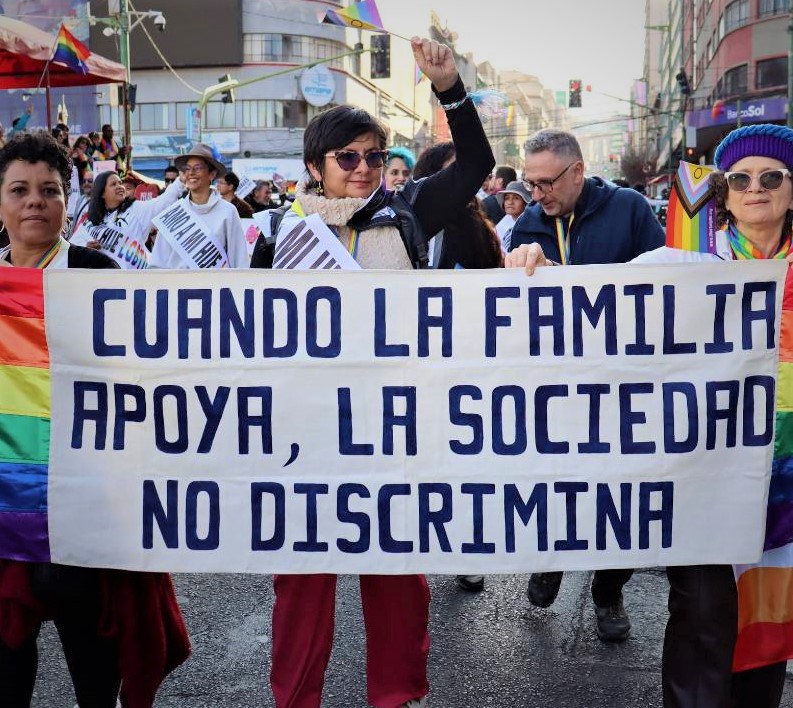
“There is no official statistical data because the authorities do not register the victims respecting their gender identity. They rely on official identity documents (identity card), which often do not record the identity with which the victims lived or were known,” said Paola Tapia, head of the Vulnerable Populations and Sexual Diversities Unit of the Ombudsman’s Office.
But discrimination on the part of authorities and society generates another cause of underreporting. The fear of revealing their identity. This is the reason why most homophobic or transphobic hate crimes go unreported.
“We estimate that only one in 10 LGBT people report a homophobic act. Nine others remain silent for fear of revealing their identity,” said Cristofer Quiller, president of the La Paz LGBT Collective.
The first murder of a trans woman to be classified as a femicide
Stabbed violently, bled to death and forgotten, this is how Noelia, a 21-year-old trans woman, died on April 30 in a hostel in the city of Oruro. She was the victim of the hatred of her aggressor, a teenager with homophobic tendencies who, according to the investigations, planned the crime days before even meeting his victim.
Her body was found two days after the crime. Society did not notice his absence, just as it did not accept his life. She was there for two days in her room. She was only found because it was time to collect her rent.
“The murder of Noelia is a feminicide”, the deparatmental prosecutor of Oruro, Aldo Morales, despite the questioning of journalists and other sectors. “The victim’s gender identity was female, this is recognized by Law 807 and therefore it is a feminicide,” he said.
“To date there are only two cases of hate crimes against the LGTBIQ+ population that have been sentenced, both for homicide. In the case of Noelia in Oruro a feminicide classification was made, now we have to wait for a sentence. In this case the media and the authorities have respected the gender identity”, said Llanos.
For the LGBT community this recognition is very important. For the first time a sentence for femicide could be obtained for the murder of a transgender woman. Noelia’s case will not be a simple homicide.
For Andrade, although there is the figure of femicide that could be accessed, it is unfortunate that it is not possible to have in a sentence in which the figure of transfeminicide is embodied to make visible the situation of this population. “We must continue to demand public policies and denounce the absence of the State,” she says.
In her assessment, Gabriela Blas, representative of the Wiñay Wara collective, pointed out that one issue that remains pending every year is the issue of hate crimes. “It is something that affects us and especially the trans population on a recurring basis.
“Although an attempt was made two years ago to make modifications to the penal code, it has not been achieved. this year there was no progress on the issue either,” he said.
Social security for free unions, among the small advances
“The advances have been very scarce, there were small things at an administrative level, such as the issue of giving greater effectiveness to free unions. Specifically, with a resolution of the Ombudsman’s Office, it has been possible to have access to social security for couples who have achieved free unions”, indicated Blas.
In 2023, the Plurinational Constitutional Court (TCP) issued Constitutional Ruling No. 0577, dated June 22, 2022, which clears the way for the registration of same-sex de facto unions in the Civic Registry Service (Serecí), as a result of a lawsuit filed by David Víctor Uruquipa Pérez and Guido Álvaro Montaño Durán, in 2018.
Although the document is historic and recognizes the right of access to a free union between persons of the same sex, it still does not recognize several of the consequences of not having access to this recognition. Social security coverage, inheritance, joint property or filiation are issues that were not specifically taken into account.
Therefore, in administrative matters, the resolution of the ombudsman’s office is among the small advances to make effective the sentence that recognizes free unions.
“This resolution states that upon presentation of the certificate of free union, the insurance can be accessed, which until last year was not possible. Several meetings have been held with Sereci and there are still several issues that have not been resolved,” explained Blas.
This simplified administrative matters. Likewise, work was done to socialize the topic with the officials involved in the whole process.
The resolution is the result of a series of negotiations with the competent institutions since 2023. Although it has not yet been finalized, progress has also been made on succession issues.
“There is something that could not be advanced, because it involves other instances, in the filiation issue. Sereci washes its hands, because it says that everything that is not in the sentence must be touched in the Legislative, such as the filiation issue.”
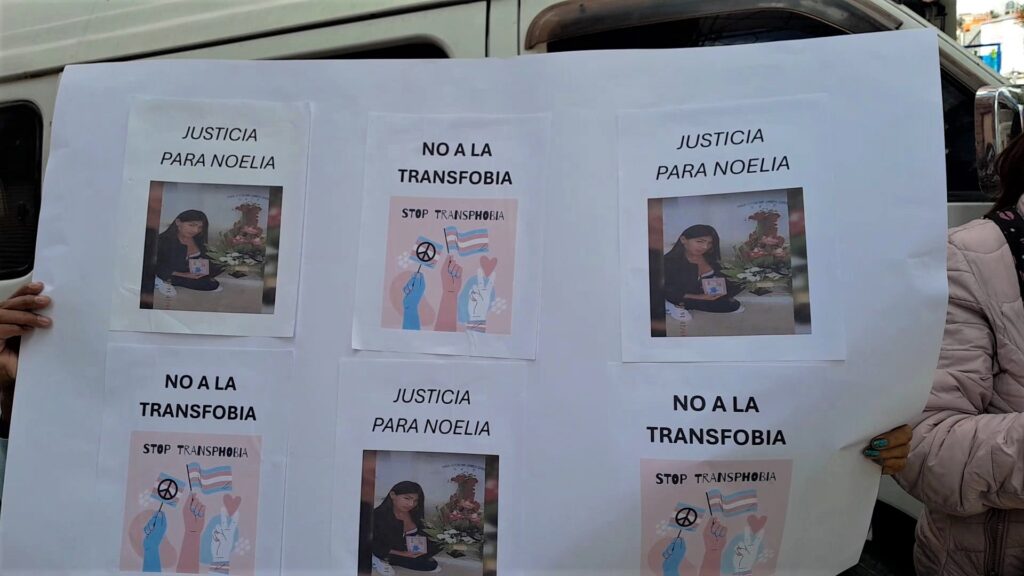
A regulatory impasse
In 15 years, Bolivia passed eight laws for the protection of this population such as: Law 045 Against Racism and all forms of Discrimination, Law 348 to Guarantee Women a Life Free of Violence, Law 807 on Gender Identity, the Code of Families and Family Process, Supreme Decree 1022,which declares May 17 of each year as the Day of the Fight against Homophobia and Transphobia in Bolivia, 189 which declares June 28 as the Day of the Rights of the Population with diverse sexual orientation in Bolivia and the National Human Rights Action Plan.
Bolivia is preparing for the 4th cycle of the Universal Periodic Review of Human Rights (UPR). The previous recommendation of this review alerted a minimal progress on the issue.
“Recommendation : 115.14 Continue to combat discrimination by developing specific legislation aimed at combating discrimination based on disability, sexual orientation, gender identity or social status,” states the recommendation made by Honduras to the Bolivian Government.
“The recommendation was minimally fulfilled on May 21, 2016 when Law 807 on Gender Identity was enacted, which aims to establish the procedure for the change of proper name, sex data and image of transsexual and transgender people in all public and private documentation linked to their identity, allowing them to fully exercise their right to gender identity, provided that they are of legal age,” the document states.

